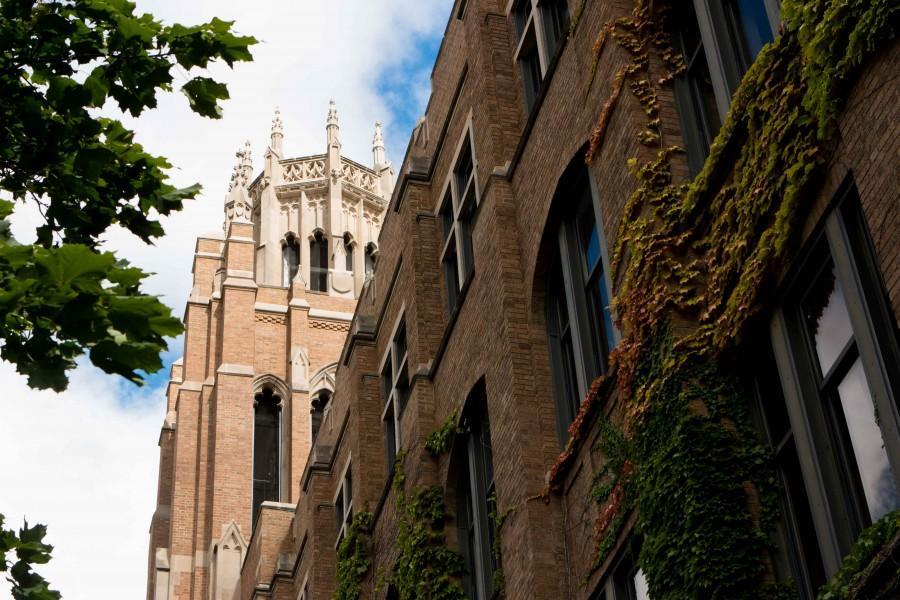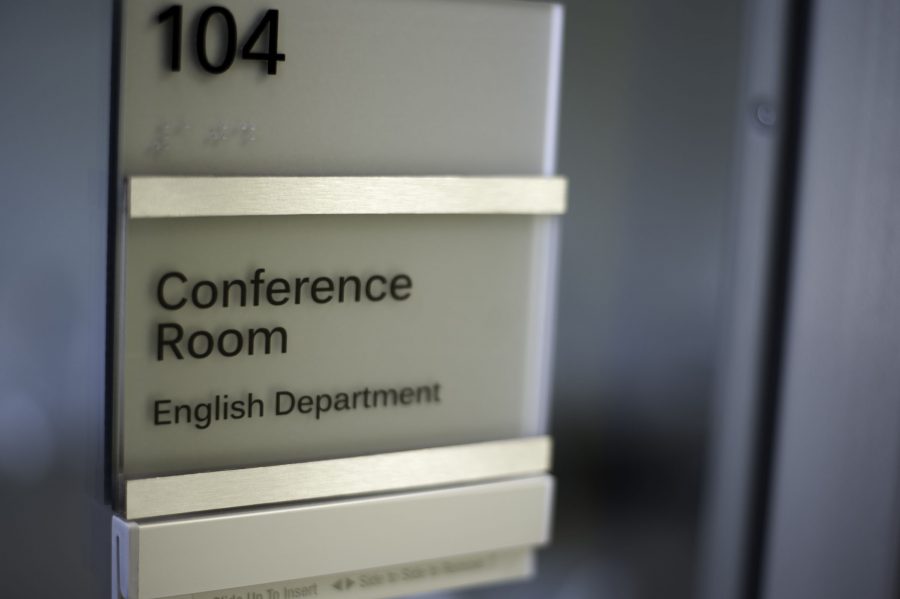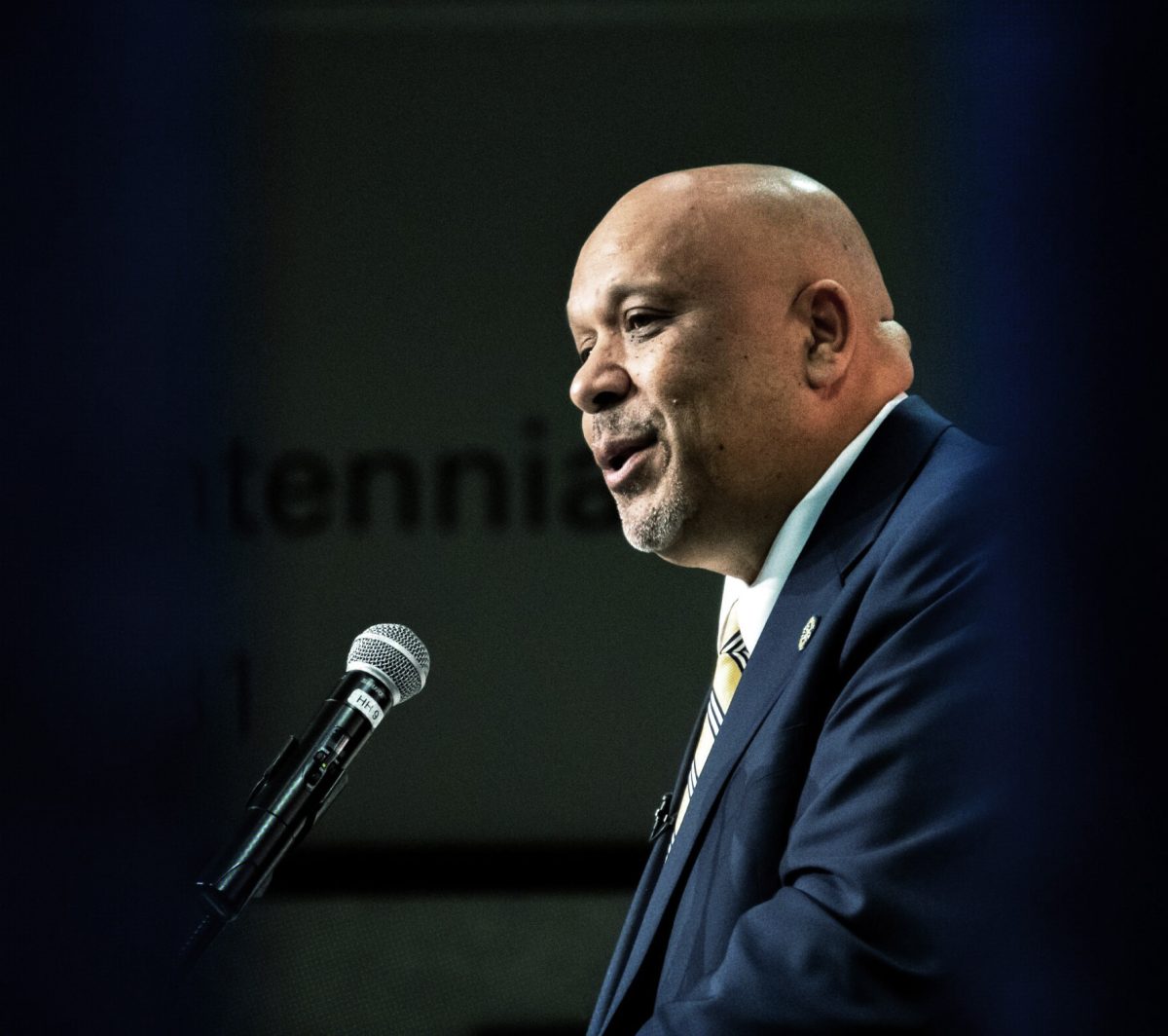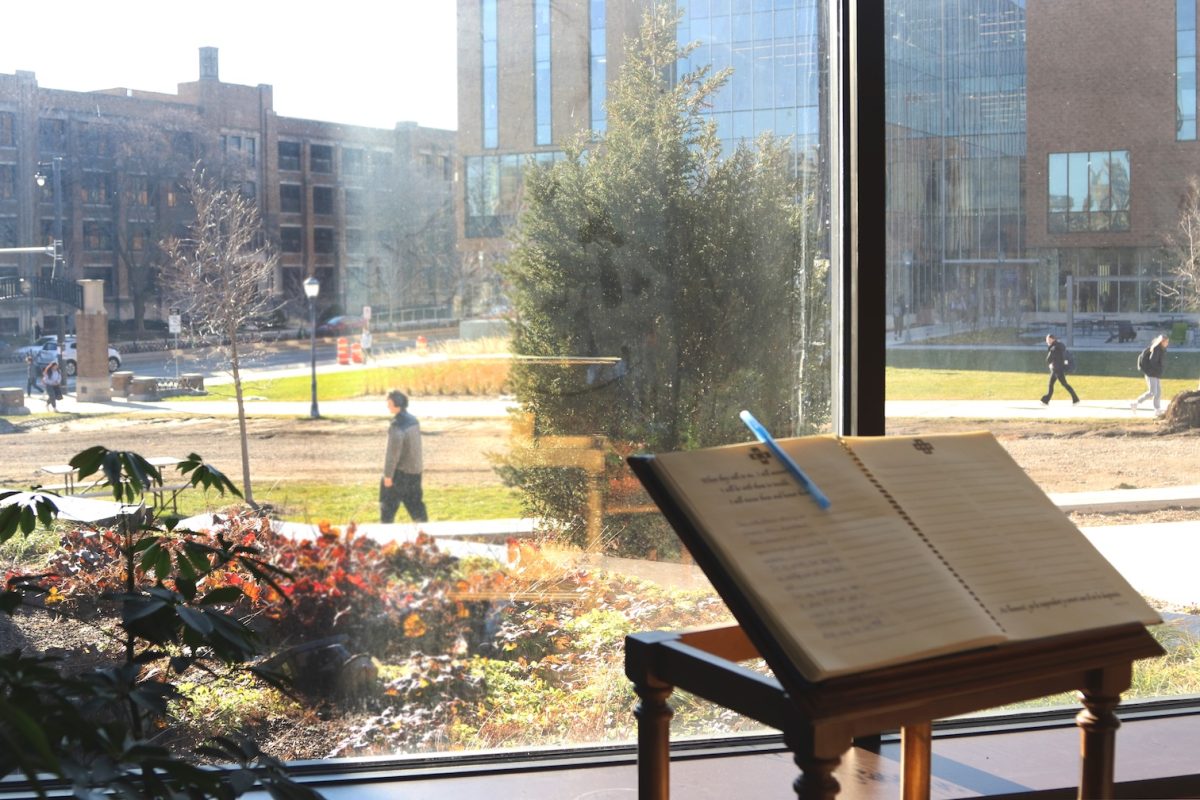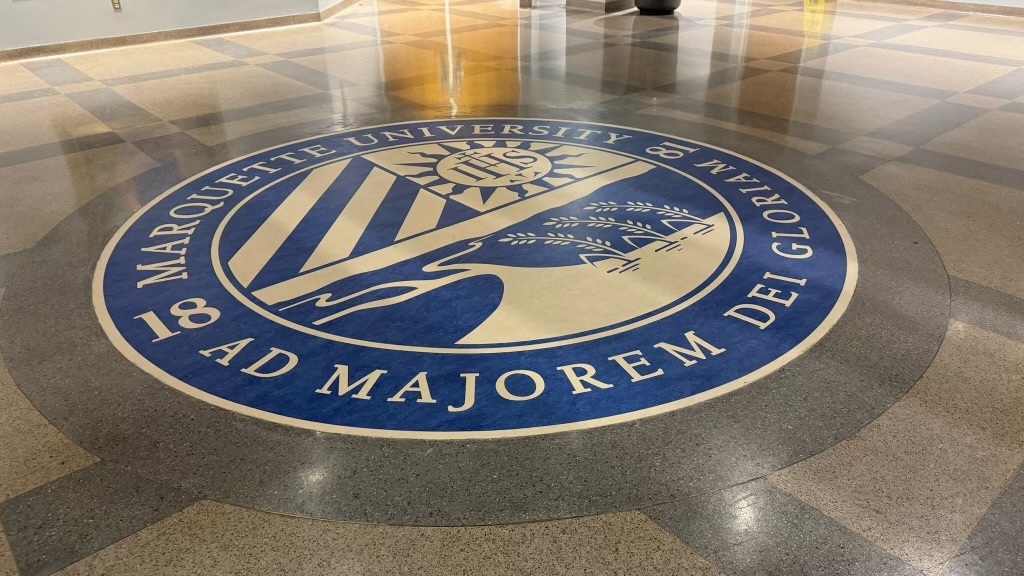Marquette is in need of interested faculty, staff and students to revise the structure of the University Core of Common Studies. In May of last year, University President Michael R. Lovell announced a campus-wide initiative to revise and revitalize the Core of Common Studies in light of 21st-century pedagogical research and Marquette’s continued commitment to Jesuit higher education. Proposals for this revision will be discussed by the Core Curriculum Review Committee beginning in January and February.
This revision deserves the attention and participation of all individuals who will be affected by it – from undeclared freshmen to theology professors. Students have the opportunity to make potential changes in the UCCS, and it is their job to pay attention and participate.
Most universities have a curriculum of core courses to some degree that all undergraduate students are required to take. Marquette students are familiar with the university’s requirements to take rhetoric, math, philosophy, theology, individual and social behavior, diverse cultures, literature and performing arts, histories of cultures and societies and science courses.
After completing all the UCCS courses, students earn a minimum of 36 credit hours, equating to one year of two 18-credit semesters. For many students, this seems like a lot of time spent in classes that they might not even like. Everyone has that friend who had to retake statistics – once or twice – or who cringes when they think back to PHIL 1001.
Despite complaints of wasted time in boring or dreaded classes, there is reason behind the amount of time consumed in these courses. The UCCS is fundamental to each student’s academic experience at Marquette.
Beyond learning statistical probabilities or the various philosophies of human nature, the UCCS instills students with knowledge, skills, values and dispositions that will shape them for the rest of their lives. Marquette’s UCCS webpage shares that the core “fosters life-long learning and promotes the values of faith, leadership, excellence and services – values central to the Jesuit educational tradition.”
The UCCS is valuable and necessary at Marquette because it develops the whole person, rather than a person with only certain skills for a job. The more specified skills can be refined in a student’s chosen major(s) and minor(s).
In addition to wholesome development, core courses help students discern their vocations. During freshman year, it is easy for students to feel overwhelmed with the decision to choose a major for the next four years that might become their career for an additional 40 years. The core helps students figure out their natural talents and the topics they enjoy studying.
Critical and abstract thinking are the heart of Jesuit educational tradition, and professors of the core courses at Marquette understand this. Beyond that, some professors do what they can to ignite a critical thinking flame in each of their students. Instead of providing the right answers, they challenge students to ask the right questions. These professors encourage curiosity and discomfort through classroom discussions and service learning endeavors.
In anticipation of the revision of the UCCS, it is crucial that students actively participate if they wish to see desirable changes, and they should not be afraid to share their input.
The revision should consider adding more modernized, technology-based courses. Given that we live in a rapidly changing world, the demand in this day and age for technology-based skill sets is only increasing and some students may be more interested in a technology-based course rather than a science course.
Given that students spend one year of their academic career at Marquette taking core classes, it is equally important that the review committee is intentional about listening to student input. Inevitably, some comments may need to be taken with a grain of salt since some students have bitter sentiments about aspects of the UCCS.
Similarly, the opinions and comments from professors are equally important when discerning what the revision should look like. The professors who teach courses within the UCCS have seen underclassmen develop their rhetoric and critical thinking abilities from beginning to end of their first year. They certainly provide understanding and examples of the necessity of the UCCS, and if they practice candor, they may be able to admit what aspects of the UCCS are not working.
With the revision of the UCCS, it is necessary that the essential goals of Jesuit education are kept in mind, or rather, at the forefront of any decision made. The education that Marquette offers is wholesome and should remain that way, with a few tweaks.

